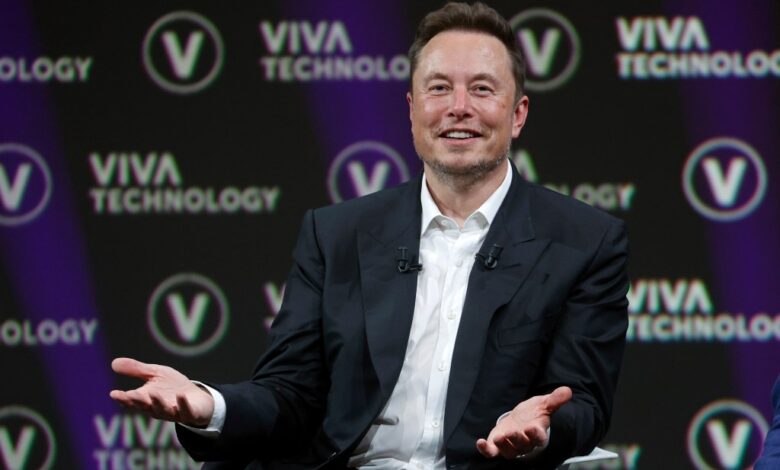Tesla allowed to ban factory workers from wearing union T-shirts: court

Elon Musk’s Tesla did not violate US labor law by banning workers at its main assembly plant in Fremont, California, from wearing pro-union T-shirts, a federal appeals court has ruled.
The New Orleans-based 5th U.S. Circuit Court of Appeals, in a Tuesday decision, said that because Tesla required all employees to wear company-issued T-shirts and allowed them to display union decals, its policy in uniform was legal.
The court overturned a 2022 decision by the National Labor Relations Board, which had said any attempt to ban union badges was illegal unless an employer could demonstrate “special circumstances,” such as safety concerns.
Tesla and the NLRB did not immediately respond to requests for comment.
The electric vehicle maker adopted its uniform policy in 2017 amid an organizing drive by the United Auto Workers union.
The union has accused Tesla of several illegal tactics to stifle organizing, which the company has denied.
The UAW has said it plans to organize aggressively at non-union U.S. auto plants after winning new contracts with the Detroit Three automakers.
President Biden said last week that he supported the union’s efforts to organize Tesla and Toyota workers.
Tesla’s “team attire” policy required employees to wear black t-shirts with the Tesla logo printed on them.
The company has said the policy was necessary to ensure that vehicles were not damaged during assembly.

On Tuesday, the Fifth Circuit said it was wrong for the NLRB to require Tesla to show that special circumstances justified its policy.
The company still allowed workers to “stick any number or size of union decals on their team clothing,” so it did not unlawfully interfere with union organizing, the court said.
The en banc Fifth Circuit is separately considering Tesla’s appeal of an NLRB ruling that CEO Elon Musk said. violated federal labor law by tweeting in 2018 that employees would lose stock options if they joined a union.
In March, a three-judge panel of the Fifth Circuit had upheld the labor board’s decision.



